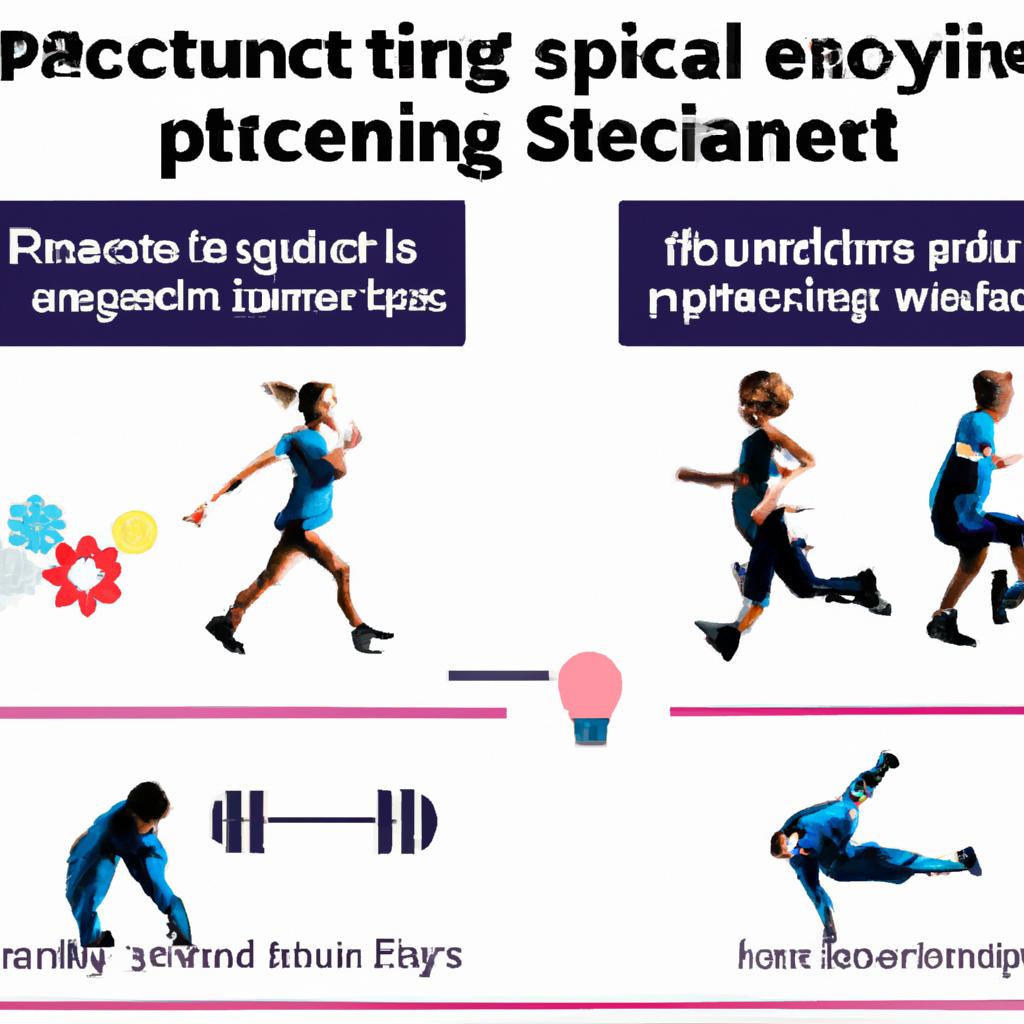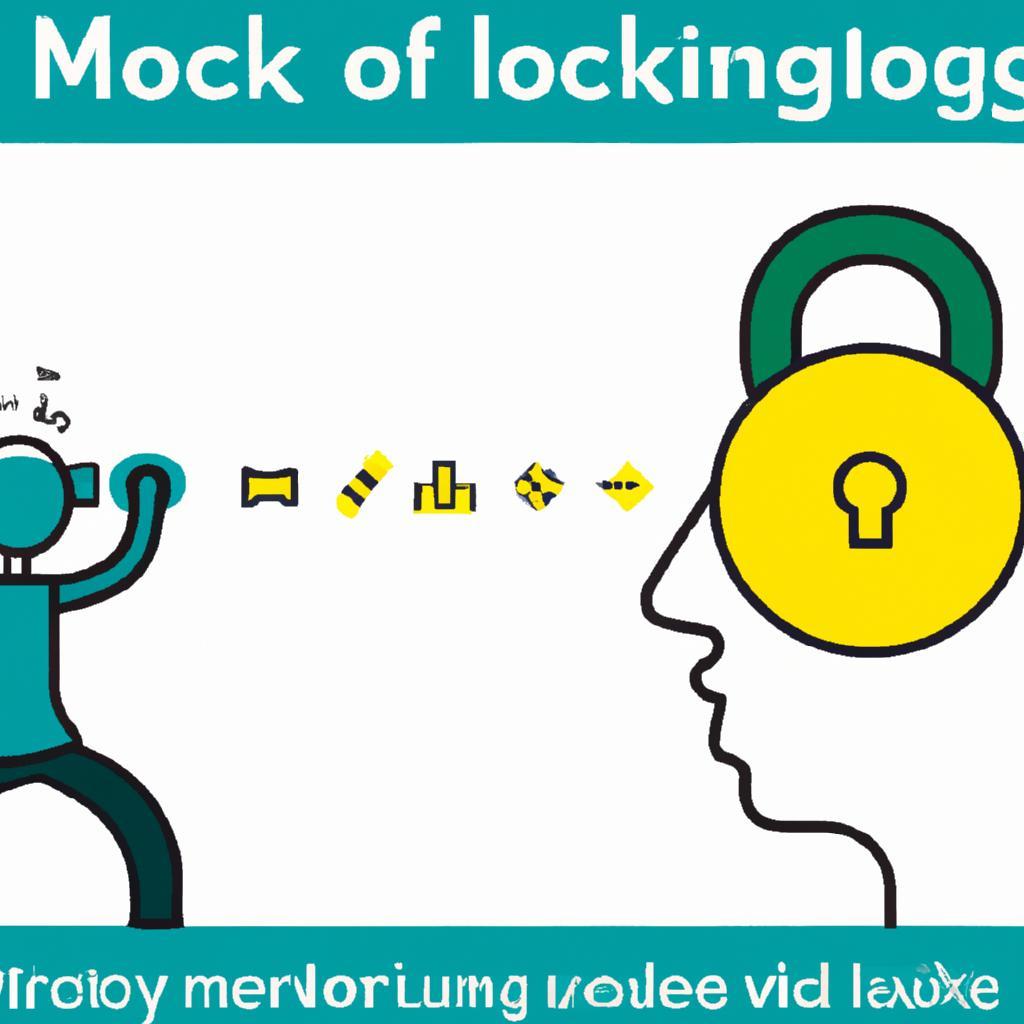Unlocking the Mind: How Exercise Boosts Memory and Concentration for Better Learning
In an age where information flows endlessly and multitasking has become the norm, the quest for enhanced learning is more significant than ever. Imagine a key capable of unlocking the full potential of your mind, enabling you to absorb knowledge with greater ease and clarity. Surprisingly, this key lies not in the latest app or study technique, but rather in the simple yet profound act of movement. Research is increasingly unveiling the powerful connection between exercise and cognitive function, suggesting that our physical activity can be a catalyst for superior memory and concentration. In this exploration, we will delve into how incorporating exercise into your routine can not only energize your body but also sharpen your mind, paving the way for a more effective learning experience. Whether you are a student, a professional, or simply a lifelong learner, understanding the science behind this connection may inspire you to lace up your sneakers and step into a world where knowledge flows more freely.

Empowering the Brain Through Movement Strategies for Enhancing Memory and Focus
Movement is not just about staying fit; it serves as a powerful catalyst for brain function. Engaging in regular physical activity stimulates neurogenesis, the process of generating new neurons, particularly in the hippocampus, the brain region vital for memory formation. Incorporating **specific movement strategies** into your daily routine can transform cognitive abilities by enhancing memory and concentration. Consider these approaches:
- Mindful Walking: This involves walking with attention to each step, engaging the senses, and focusing on breathing, which can significantly improve mental clarity.
- Yoga and Stretching: These practices promote not just physical flexibility but also mental agility, fostering a calm mind that is better equipped to learn.
- High-Intensity Interval Training (HIIT): short bursts of intense exercise can increase blood flow to the brain, invigorating cognitive functions and heightening awareness.
- Dance: This fun activity not only boosts mood but engages various cognitive processes, improving coordination and memory through rhythm and movement patterns.
| Movement Strategy | Memory Effect | Focus Enhancement |
|---|---|---|
| Mindful Walking | Increases retention | Enhances attention span |
| Yoga | Boosts recall | Improves concentration |
| HIIT | Stimulates brain plasticity | Sharpens cognitive processing |
| Dance | Enhances associative memory | Promotes mental agility |
By integrating these movement strategies into your life, you pave the way for a sharper mind and a more engaged learning experience.

The Science Behind Physical Activity and Cognitive Function Practical Tips for Effective Exercise Routines
Engaging in regular physical activity has profound effects on cognitive function, unlocking a world of possibilities for memory enhancement and improved concentration. The brain, much like muscles, thrives on challenge and stimulus, and exercise is a powerful catalyst for this growth. **Aerobic exercises**, such as running or cycling, increase heart rate and promote the flow of oxygen-rich blood to the brain, fostering neurogenesis, the creation of new neurons. Other forms of movement, particularly those that incorporate coordination, balance, or strategy—like dancing or playing sports—further stimulate cognitive connections. To maximize these benefits, consider the following tips:
- Incorporate Variety: Mix different types of exercises to engage various muscle groups and keep your routine exciting.
- Set Realistic Goals: Progress gradually to avoid burnout and injuries, ensuring sustainability in your exercise regime.
- Establish a Routine: Consistency is key; aim for at least 150 minutes of moderate aerobic activity each week.
- Combine Strength Training: Include resistance exercises two days a week to build muscle and enhance metabolic health.
Consider this simple table to visualize the cognitive benefits associated with specific types of exercise:
| Type of Exercise | Cognitive Benefit |
|---|---|
| Aerobic Exercise | Improves memory retention and overall brain health. |
| Strength Training | Enhances focus and problem-solving skills. |
| Yoga and Pilates | Reduces stress and promotes mental clarity. |
| Team Sports | Boosts social cognition and teamwork abilities. |
By integrating these strategies into your daily life, not only will you witness improvements in physical health, but you will also unlock greater cognitive potential, setting the stage for better learning and productivity.
To Conclude
As we conclude our exploration of the intricate relationship between exercise and cognitive function, it becomes clear that movement is not just a catalyst for physical health, but also a powerful ally in the quest for better memory and concentration. The body and mind are woven together in a complex tapestry, and each thread—every stride, stretch, and breath—contributes to the overall picture of our mental capabilities.
Incorporating regular physical activity into our routines not only invigorates our bodies but also clears the fog that can cloud our ability to learn and retain information. As we embrace the rhythms of exercise, we unlock potential within ourselves that transcends mere physical prowess. Whether it’s a brisk walk through the park, a focused yoga session, or an exhilarating dance class, each movement has the power to sharpen our minds and enhance our learning experiences.
So, as you step away from this article, consider how you might integrate even a small dose of activity into your daily life. After all, every journey toward better learning begins with a single step—both literally and figuratively. Together, let us champion a lifestyle that not only nurtures our bodies but also elevates our minds, paving the way for brighter, more engaged futures.











Leave a Reply